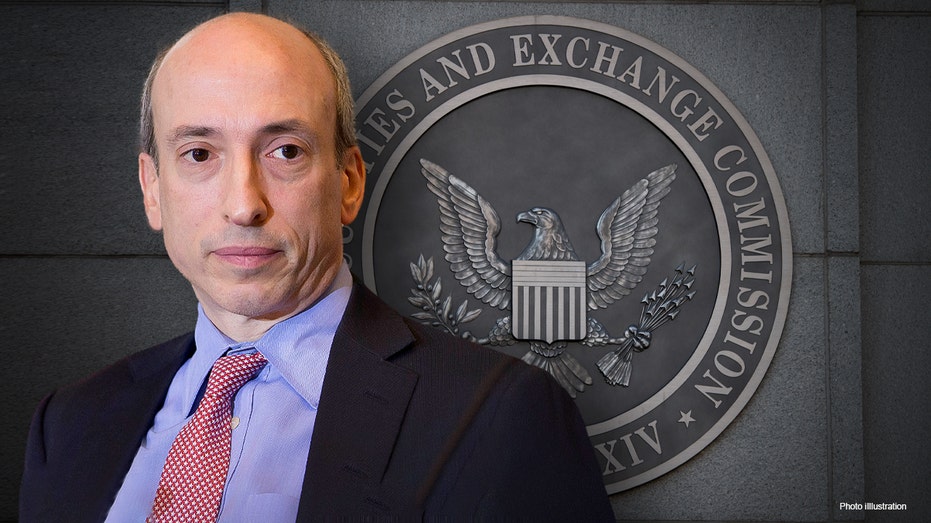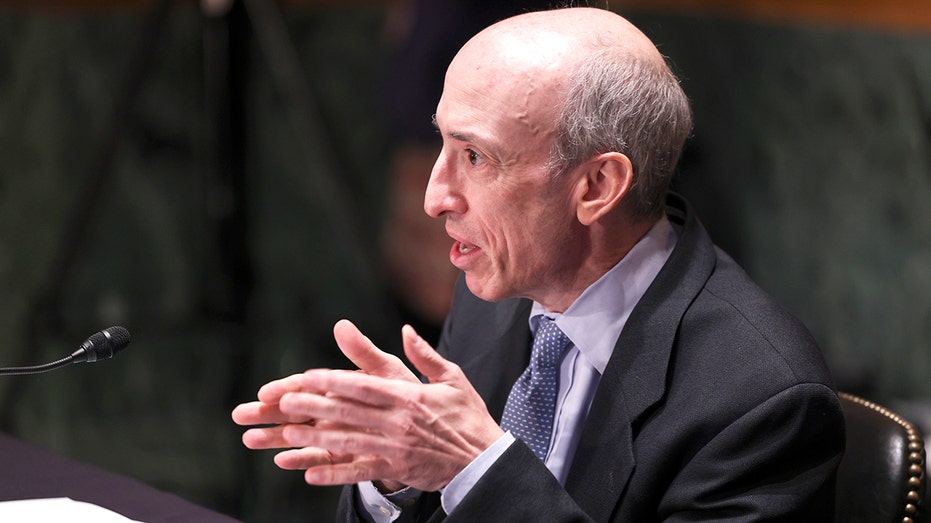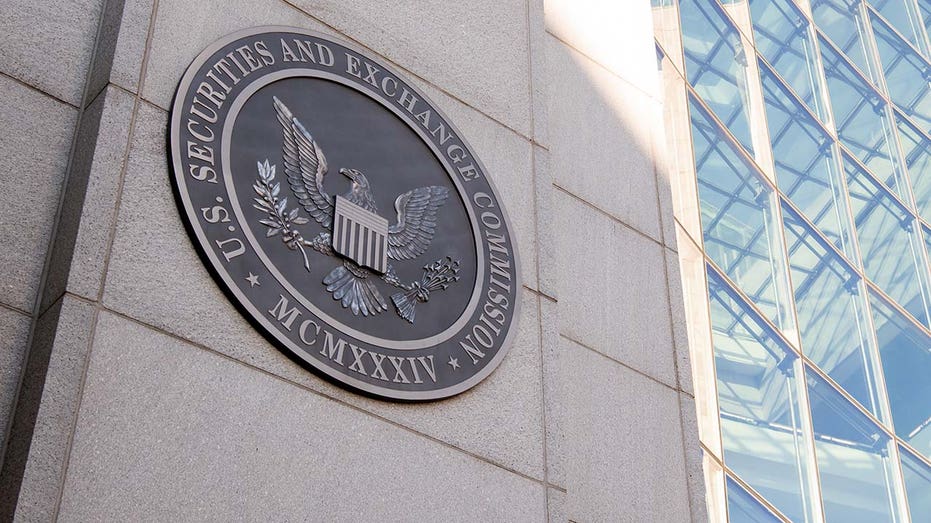SEC’s Gary Gensler says AI financial advice must benefit investors, not the model
SEC weighs conflicts of interest, fraud prevention, resiliency of financial system as it crafts AI regs
Payne: Artificial intelligence is inventing new human emotions
FOX Business host Charles Payne reacts to AI's new skills on "Making Money."
Securities and Exchange Commission (SEC) Chair Gary Gensler discussed his agency’s approach to the regulation of artificial intelligence (AI) technologies in securities markets as generative AI products become more readily available to investors.
The SEC is developing regulations related to the use of AI by investment advisers and how the use of AI tools is communicated to investors, which are expected to be released in the next few months.
In his remarks Monday at the National Press Club, Gensler said he sees the SEC’s role in regulating AI as preventing conflicts of interest with robo advisers, guarding against fraudulent and deceptive uses of AI, and ensuring that the consolidation of AI models doesn’t create fragility in the financial system.
"The challenge here is to promote competitive, efficient capital markets. That’s our remit," Gensler said.
"As advisors and brokers incorporate these technologies in their services, the advice and recommendations they offer, whether or not based on AI, must be in the best interest of clients and retail customers and not place the interests of investors, or place their interests – the AI model’s interest – ahead of investors," Gensler said.
AI FACING REGULATION CRACKDOWN WITH OR WITHOUT CONGRESS

Securities and Exchange Commission Chair Gary Gensler said the regulator is considering conflicts of interest, fraud prevention and the resiliency of the financial system as it crafts AI regulations. (Andrew Harrer / Bloomberg via Getty Images / File / Getty Images)
The SEC chair said that because AI-powered tools make it easier to tailor the marketing, pricing and structure of investment products to individual consumers’ preferences, it could also hurt consumer welfare by making it easier for the producers of such goods and services to charge the maximum price to consumers.
"The communications, product offerings and pricing can be narrowly targeted for each and every one of us, and that means they may be more able to find each of our own maximum willingness to pay a price or purchase a product," Gensler said. "And with such narrowcasting, there’s a greater chance to shift what’s called in economics consumer welfare from us the consumers to the producers, extracting more rents in our economy."
"And if the optimization in the AI system is taking the interest of the platform into consideration, if the math is taking into consideration that, then this can have a conflict. In finance, conflicts may arise to the extent that advisers or brokers are optimizing, placing their interests ahead of investors’ interests."
NEW AI-POWERED INVESTING TOOL USES CHATGPT TO MANAGE PORTFOLIOS

SEC Chairman Gary Gensler said the regulator is wary that consolidation of AI models could create fragility in the financial system. (Evelyn Hockstein / Pool / Getty Images / File / Getty Images)
Financial regulators are on the lookout for fraudulent and deceptive AI tools, and Gensler added that publicly traded companies must ensure their statements about AI products are accurate or they’ll run afoul of his agency’s oversight.
"The SEC is focused on identifying and prosecuting any form of fraud that may threaten investors, capital formation or the markets more broadly, whether it’s generative AI or not," Gensler said. He added that "public companies making statements on AI opportunities and risk that we oversee, they need to take care to ensure that the material disclosures are accurate and don’t deceive investors."
NEXT AI WINNERS ARE NOT YOUR USUAL SUSPECTS

The SEC is expected to release regulations on the use of AI in financial advising in the next few months. (Saul Loeb / AFP via Getty Images / File / Getty Images)
Gensler also raised concerns about the consolidation of most AI financial products around a select few base models. Such a pattern has played out in the competitive landscape of other tech products in recent decades, but he worries that if it plays out with AI models it could lead many investors in the wrong direction and spur a financial crisis.
"AI may heighten financial fragility as it could promote herding with all the individual actors, the downstream applications making similar decisions because they’re getting some signal from the base model or data aggregator," Gensler said. "This could encourage, basically, a monoculture, and all study of biology, all study of financial markets – when you tend towards monocultures you tend towards fragility."
"It also could exacerbate the inherent network interconnectedness of the global financial system relying on what may be one or maybe two or three base models. Thus, AI may play a central role in the after-action reports of future financial crises. And people will say, ‘Oh my God, everybody was getting the same mortgage data or mortgage pricing from that model somewhere,’ which will be hard to explain; we maybe won’t even know it for a while, but I think this unfortunately may well be in our future," he added.
GET FOX BUSINESS ON THE GO BY CLICKING HERE
Gensler said the SEC isn’t approaching its regulation of the use of AI in financial advising with a focus on the technology itself but rather by looking at how AI is utilized and the outcomes it creates for investors.
"We at the SEC, I think when we think about artificial intelligence, again, it’s like how we think about calculus: We’re not about regulating an individual technology. It’s about the use of that technology and the outcomes and ensuring that those outcomes are within the appropriate public policy that Congress has put in place," Gensler said.




















